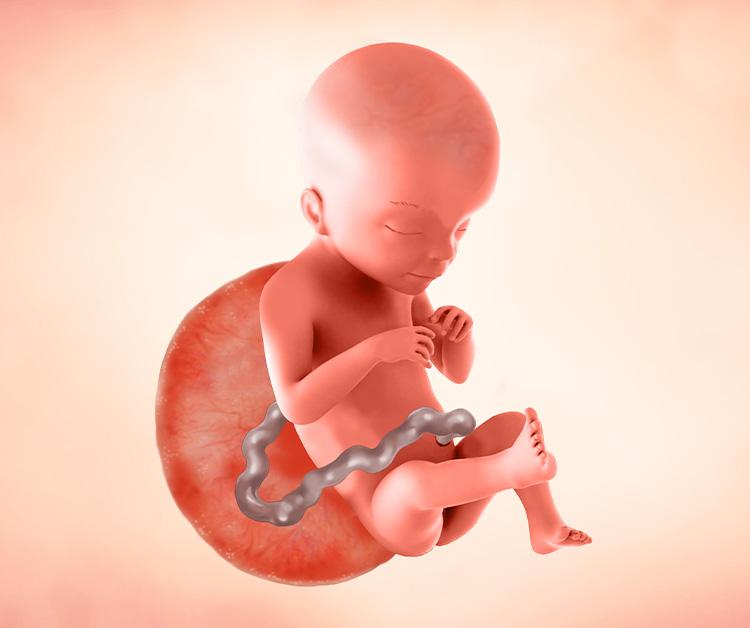Due to maintenance, rewards points for receipt uploads will be delayed. Thank you for your patience!

4 Minute Read
At this stage of your journey, new developments are beginning to unfold. Check out this week-by-week guide to find out what’s in store for your baby and your body in week 21 of pregnancy.
One of the most magical things about pregnancy is how much changes with your little one and you over the span of a week! Here’s the best info to keep on top of all that’s happening.

| 21 Weeks Pregnant |
|---|
|
Baby Weight 11 ounces |
|
Baby Length 7 inches |
|
Baby Size Comparable to a long banana |
During week 21 of pregnancy, your body is changing quickly. As your baby grows, you will too, and there are certain pregnancy symptoms you may experience at this time.
Being 21 weeks pregnant is an important time for you and your baby. Here’s some expert-recommended advice on how to adjust to this new stage and keep you and your baby safe.
Knowing what to do week-by-week can help you feel prepared and alleviate stress. Add these new items to your to-do list this week. You’ve got this, mama!
| To-Do Checklist |
|---|
|
|
|
Learn more about your pregnancy, including pregnancy planning and pregnancy nutrition to feel prepared to continue this magical adventure. You’re armed with the facts, what to do, and now you can take time to connect with the little one growing inside you. Read about what’s coming up in week 22!
All information on Enfamil, including but not limited to information about health, medical conditions, and nutrition, is intended for your general knowledge and is not a substitute for a healthcare professional's medical identification, advice, or management for specific medical conditions. You should seek medical care and consult your doctor or pediatrician for any specific health or nutrition issues. Never disregard professional medical advice or delay seeking medical treatment, care, or help because of information you have read on Enfamil.